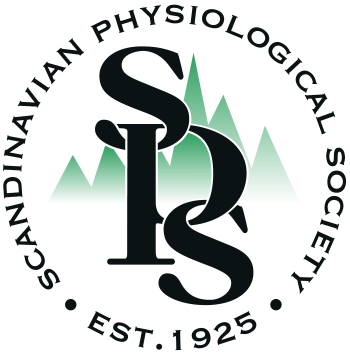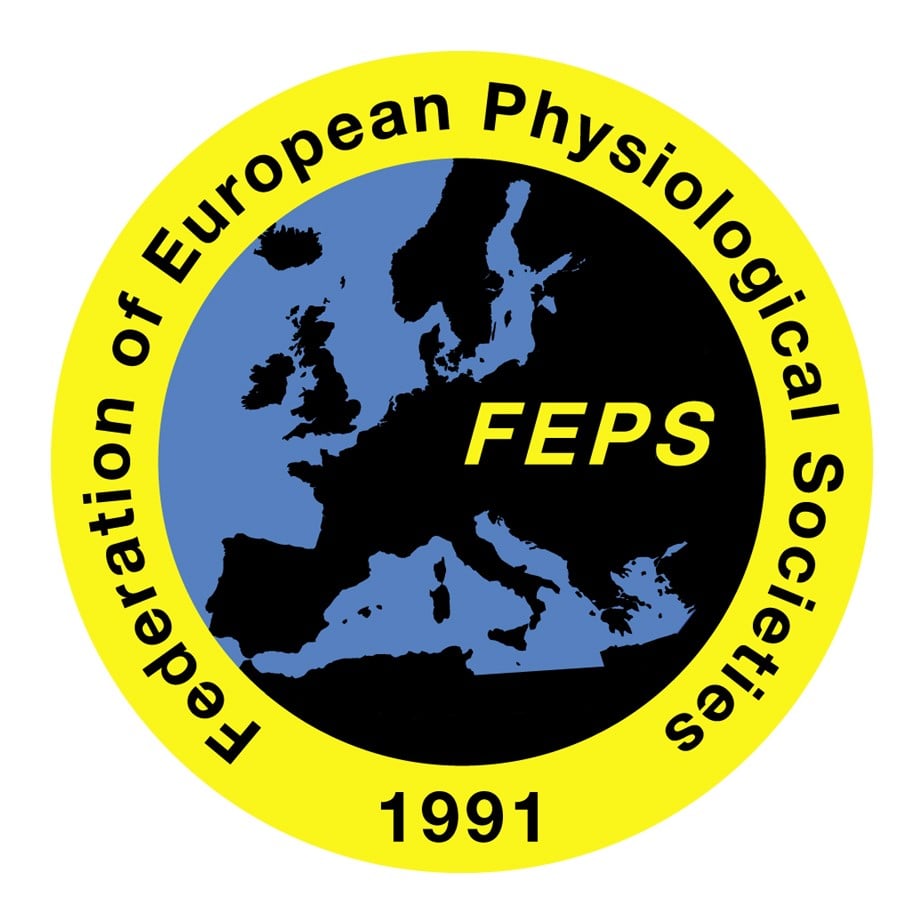Acta Physiologica Awards
Acta Physiologica Award
It is with pleasure that the Scandinavian Physiological Society announces the second $100,000 (one hundred thousand US Dollars) award for the best article published in Acta Physiologica.
Many fantastic articles topped the desks of the Acta Physiologica editors. All manuscripts on the short list stand out in terms of quality, but which is the very best, unsurpassed, matchless article? After debating hour after hour, the situation cleared. Two contributions impress to a degree leaving no room for further debate. Hence, we award both groups.
Congratulations to:
- Anneleen Segers, Louis Desmet, Theo Thijs, Kristin Verbeke, Jan Tack and Inge Depoortere from the Translational Research Center for Gastrointestinal Disorders, Leuven, Belgium, for their paper entitled The circadian clock regulates the diurnal levels of microbial short-chain fatty acids and their rhythmic effects on colon contractility in mice
- Molly McDougle, Danielle Quinn, Charlene Diepenbroek, Arashdeep Singh, Claire de la Serre, Guillaume de Lartigue from the University of Florida, Gainesville, USA; The John B. Pierce Laboratory, New Haven, USA; Yale Medical School, New Haven, USA and the University of Georgia, USA, for their paper entitled Intact vagal gut-brain signalling prevents hyperphagia and excessive weight gain in response to high-fat high-sugar diet
Both manuscripts deal with the gut. Segers et al. show circadian clock regulation of bacterial fermentation and host responses. In their particular focus are the roles of circadian clock on short chain fatty acids and colonic contractility, as regulated by Bmal1. This is an excellent study to correlate the phase of bacterial metabolism and host responses. Accordingly, all three referees scored the manuscript as excellent with high news value. Such scores are rare and yet, the second awarded manuscript received outstanding reviews as well. McDougle et al shed light onto vagal gut-brain signaling in the control of food intake, energy expenditure, and glucose homeostasis. The authors established a method to ablate sensory vagal neurons innervating the gut under different diet conditions. A breakthrough, showing how sensory vagal neurons prevent hyperphagia and exacerbation of weight gain by promoting lipid-mediated satiation.
The Carl Ludwig Award
The Carl Ludwig Award is granted once a year for an outstanding publication by a young physiologist. The Laureate receives a price of €1,000. Read more about the Carl Ludwig Award here.
Winner of the Carl Ludwig Award 2022, Miss Maja Zupančič (Harkany Lab for Molecular Neurosciences (Center for Brain Research), Medical University of Vienna, Vienna, Austria)
Brain-wide mapping of efferent projections of glutamatergic
(Onecut3+ ) neurons in the lateral mouse hypothalamus
Maja Zupančič, Evgenii Tretiakov, Zoltán Máté, Ferenc Erdélyi, Gábor Szabó, Frédéric Clotman, Tomas Hökfelt, Tibor Harkany, Erik Keimpema. Acta Physiol (Oxf). 2023 Jul;238(3):e13973. doi: 10.1111/apha.13973.
Past Awards
Winner of the Carl Ludwig Awards 2021, Dr. Sina Sangari (Shirley Ryan AbilityLab, Northwestern University, Chicago, IL)

Transient increase in recurrent inhibition in amyotrophic lateral sclerosis as a putative protection from neurodegeneration
Sina Sangari, Iseline Peyre, Alexandra Lackmy-Vallée, Eléonore Bayen, Pierre-François Pradat, Véronique Marchand-Pauvert. Acta Physiol (Oxf). 2022 Apr;234(4):e13758. doi: 10.1111/apha.13758.





